IS releases hostages at low prices due to lack of money
The Islamic State has now had to cut the salaries of its fighters, ask the public to pay for living expenses in black market dollars, and even agree to release hostages at low prices due to lack of money.
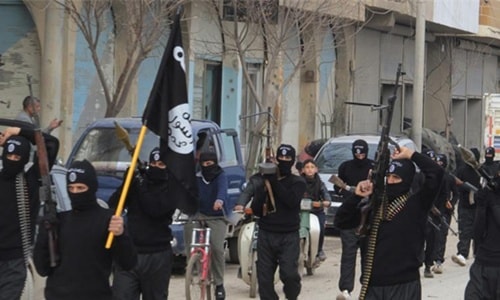 |
Islamic State (IS) militants parade on the streets of Raqqa, Syria. Photo: Reuters |
According to residents of Raqqa, the headquarters of the Islamic State (IS) in Syria, the extremist group that once boldly declared that it would mint its own currency to serve all activities of the self-proclaimed state is now struggling to cope with the financial crisis. The continuous airstrikes by Russia and the US-led coalition, combined with a number of other measures, have caused IS to lose millions of dollars, contributing to the decline of the organization's funding sources.
When it was still powerful, IS did not hesitate to spend money to attract members with sky-high salaries, luxury holidays or expensive items. But now, all of that is gone. The group has even stopped providing free energy drinks and cheap chocolate bars.
In the urban centers of IS, inflation and shortages are widespread, according to AP, citing people who fled the group. Faced with the difficult situation, IS is scrambling to find alternative sources of money to finance its costly operations, analysts say. Libya is one target in its sights.
“Not only IS fighters but also officials working in courts and schools have had their salaries cut by 50%,” said an activist with contacts in Raqqa, who lives in the Turkish city of Gaziantep.
But the savings pale in comparison to what IS spends paying its members and replacing the large amounts of weapons destroyed or damaged on the battlefield—two expenses that account for two-thirds of the group’s budget, estimates Aymenn Jawad al-Tamimi, a researcher at the Middle East Forum who monitors IS documents.
In the past two weeks, IS has started to enforce a rule that it will only accept US dollars when collecting “taxes” or utility bills, said an activist in Raqqa who goes by the pseudonym Abu Ahmad. “Everything has to be paid in US dollars,” he said.
A document released by IS also stated that "to deal with the current situation, the organization decided to cut fighters' salaries in half, no one is exempt, regardless of rank or position".
According to observers, the biggest difficulty IS is facing at the moment is the sharp drop in world oil prices. Meanwhile, money earned from oil smuggling is one of the group's main sources of income. In addition, the recent Western airstrikes have also destroyed many money warehouses, cutting off vital logistics routes, making IS even more miserable.
The Russian-backed Syrian government offensive in Aleppo has also significantly increased the pressure on IS. Government troops and allied militias are gradually closing in on key towns in Aleppo, forcing IS fighters to send their relatives to Raqqa.
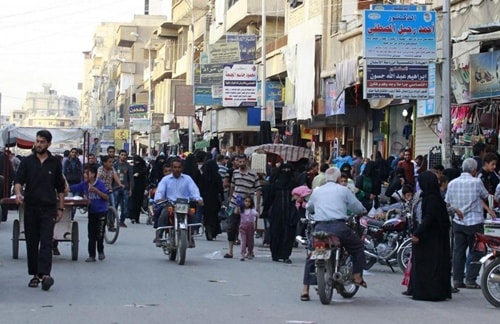 |
Raqqa residents say IS is now having to cut salaries and abolish some special benefits for fighters due to financial difficulties. Illustration photo: Reuters |
A man who fled the Aleppo town of al-Bab, identified only by his surname Oussama, said low-ranking IS fighters had begun complaining about their plight. Locals also said they had heard IS leaders discussing how oil facilities, vital supply lines and sources of income were being crippled by air strikes.
According to Oussama, dozens of al-Bab residents have fled, ignoring orders from the extremists. "You can clearly feel the frustration of these fighters, their morale is low," he said.
A former Raqqa resident now living in Beirut said he was sending money back home to help his family make ends meet. Prices have risen at a dizzying rate, especially for vegetables and sugar.
Another resident of Gaziantep said the road to Mosul was blocked late last year and prices have continued to rise ever since. Gas prices have increased by 25 percent, meat by 70 percent, sugar has doubled.
According to a resident of the Iraqi city of Fallujah, IS fighters who used to receive a salary of $400 a month have not been paid anything recently. Their food rations have also been reduced to two meals a day.
IS is so desperate that for just $500, the group is willing to release a prisoner, a family in Fallujah said.
Residents of Mosul, the IS stronghold in Iraq, have also begun fining those who violate the group’s dress code. Previously, IS punished them with flogging, which many believe is a way for IS to cope with financial difficulties.
Security research group Soufan believes IS is looking for alternative sources of funding in Libya, where it is under less pressure and does not have to withstand air strikes.
However, according to one Raqqa defector, IS fighters still have plenty of food and free electricity. Al-Tamimi said that "this is not a very serious problem for IS" because he has not seen "signs of rebellion from within". According to al-Tamimi, IS is only weakening very slowly.
According to VNE
| RELATED NEWS |
|---|

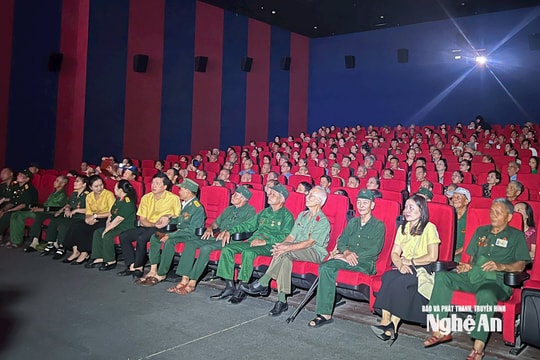

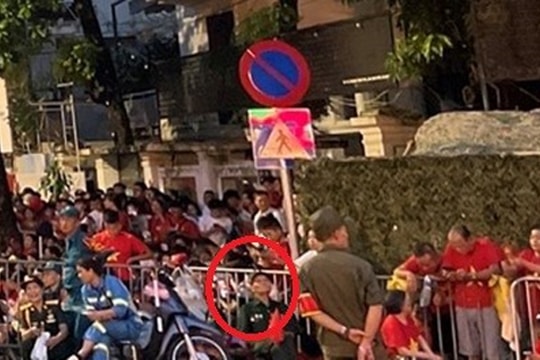

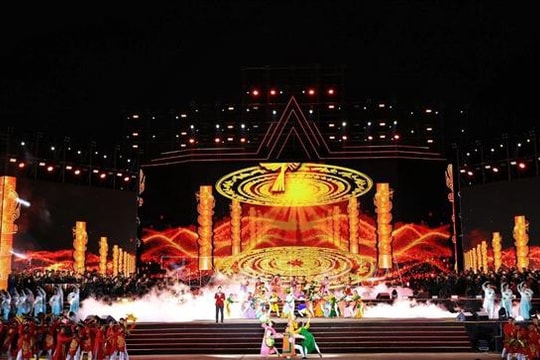
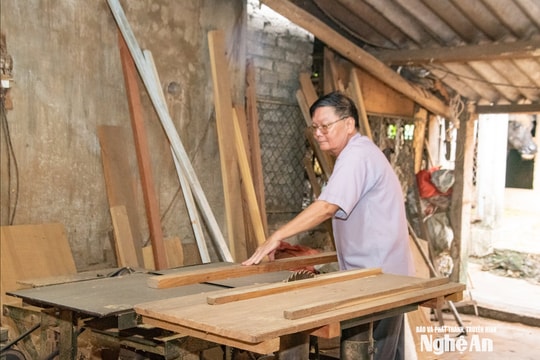
.jpg)
